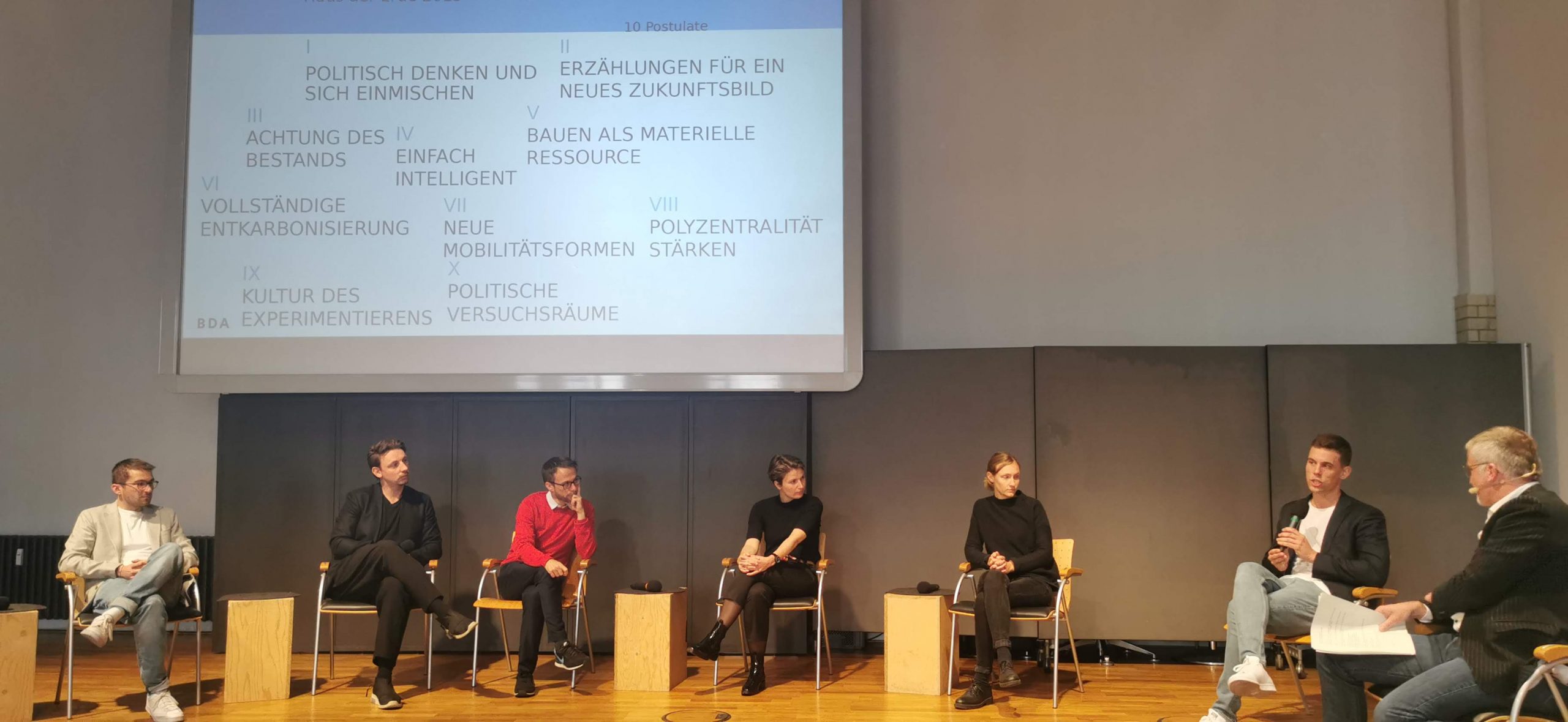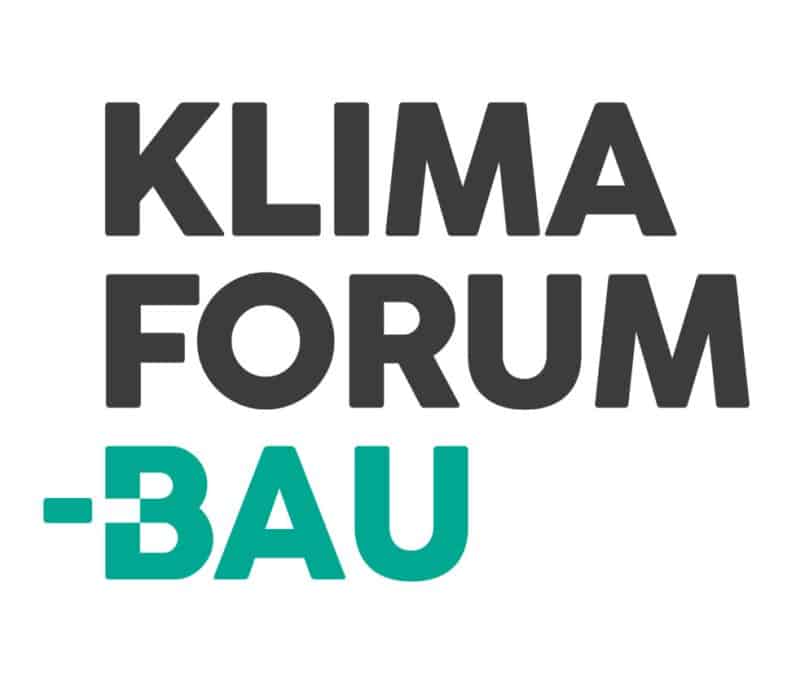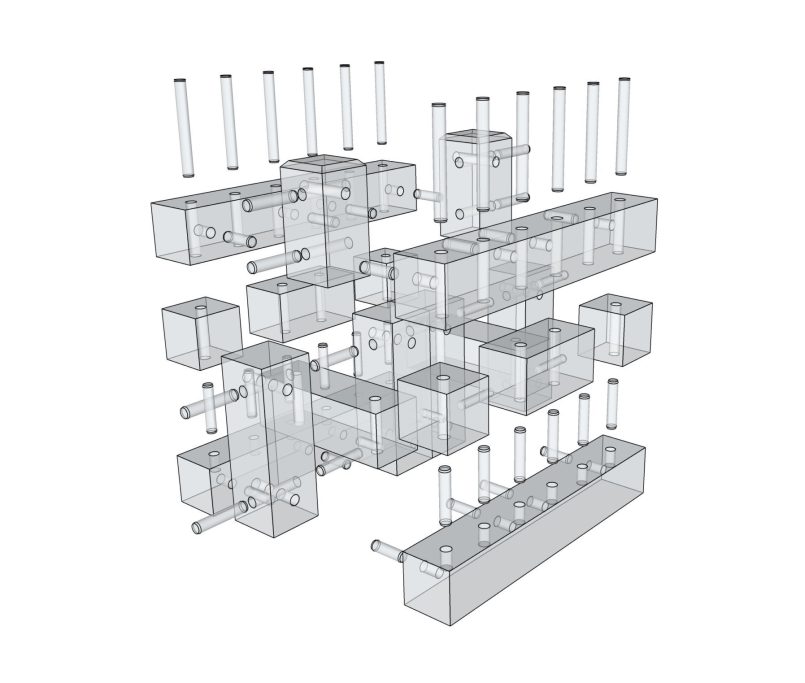Now – Bauwende jetzt!
An association of sustainable construction start-ups, demands a massive change of direction in German housing and construction policy.
On 21.09.2021 between 11:00 – 12:00 o’clock a press meeting took place on this topic.
The initiative is supported by Architects for Future and the Association of German Architects (BDA). Currently, no political party offers a housing and construction policy program that can achieve the Paris climate goals. The construction and real estate sector causes about 36 % of CO2 emissions in the EU – and about 60 % of waste.
The association has the common goal of significantly reducing emissions and waste in the construction and real estate sector through fast and concrete measures and to fundamentally change the processes and use of materials in construction.
NOW – Bauwende jetzt! sees a lever, particularly in approval processes, in regulatory law, and in subsidy and tax policy, to introduce circular construction much more quickly, to promote the use of ecological materials, and also to advance flexible modular new buildings and serial renovations more quickly.
Circular construction should already be considered during demolition. For example, Dominik Campanella, founder of the Concular platform, sees saving opportunities of up to 30 % in demolition costs and up to 50 % savings in construction emissions if circular planning is already in place before a project starts. Materials should be digitized accordingly in buildings and conveyed to new construction projects before the building is demolished.

Building with nature
In addition to circular material flows, ecological materials should also be used. The start-up Polycare completely eliminates the use of scarce construction sands and cement as a binder, paving the way to deconstructable and reusable architecture with their construction system.
Or the start-up TRIQ, which develops projects with low-cost weak and damaged wood and uses standardized modular timber building blocks to make construction much more ecological without the use of artificial fasteners.
A Paris-compliant construction industry should substitute petroleum-based materials completely, like the start-up carbonauten, which is developing biocarbons.
Climate neutrality can only be scaled up if these concepts are serially planned and implemented: the start-up ecoworks is therefore renovating CO2-neutrally on an industrial scale by digitally and automatically planning and industrially prefabricating – and doing so with ecological materials and with a design focus.
The start-up Urban Beta brings these concepts to modular new construction by implementing flexible, mobile usage concepts and sustainable material strategies in their circular space systems. This reimagined architecture on-demand is expandable, grows and adapts with its users and creates new circular business and financing models for the construction industry. The circularly planned Mobility Hub BetaPort is the first scalable building product with on-demand applications for transformable buildings.

All start-ups and the supporters are united in their demands for massive adjustments to the regulatory framework: for example, approval processes for sustainable building materials and construction projects should be simplified and given priority, a uniform model conversion ordinance should be adopted for all German states, the digital building application should be made mandatory, and overall incentives for design quality and durability should be created.
In order to establish the circular economy more quickly, the principle of causation should be promoted. In addition, the legally agreed renovation quota and depth of public buildings should finally be adhered to. The recently passed building efficiency decree, for example, is heading in the wrong direction with regard to the life cycle.
Regulatory law should also be much stronger. We need minimum standards for the rentability of residential and commercial properties: Buildings that have G or F on their energy certificates should no longer be rented out from 2028 without neighborhood-specific compensatory measures. KfW programs should also be recast: Target CO2 should be inclusive of gray energy emissions, and the focus on building insulations should be reduced. In addition, programs that promote buildings that are not Paris-compliant should be stopped. Furthermore, subsidies for CO2-intensive materials should be reconsidered.










